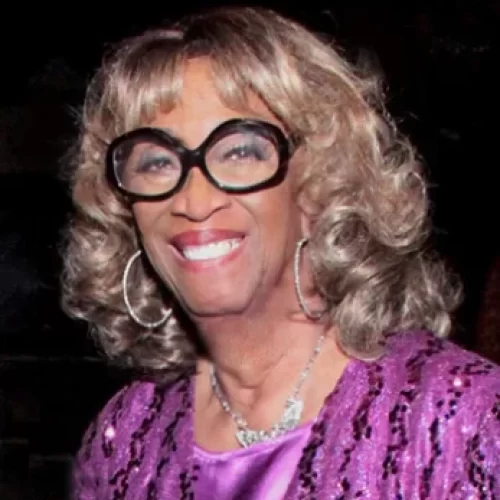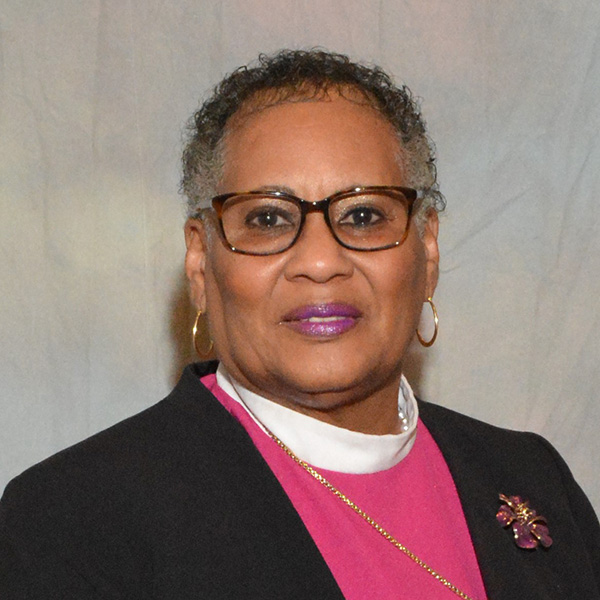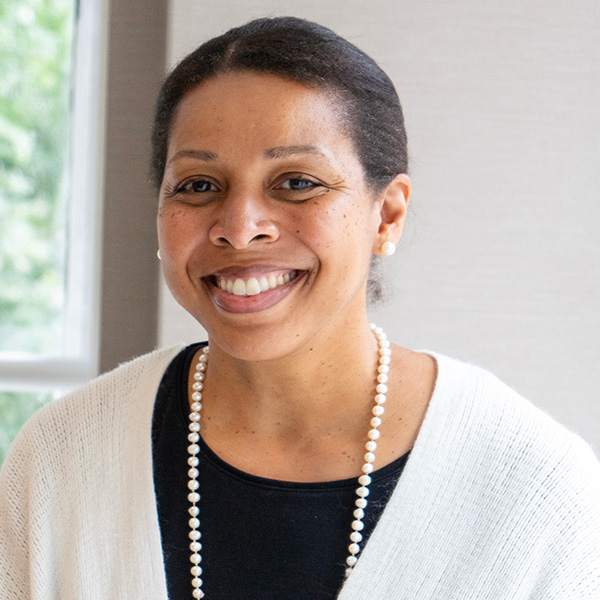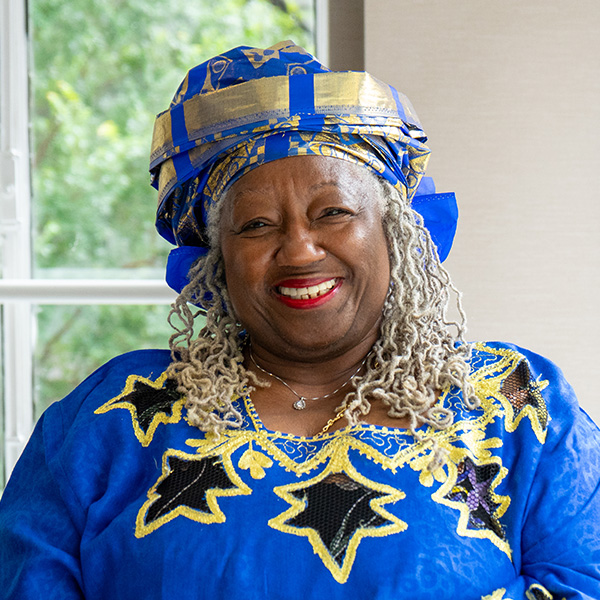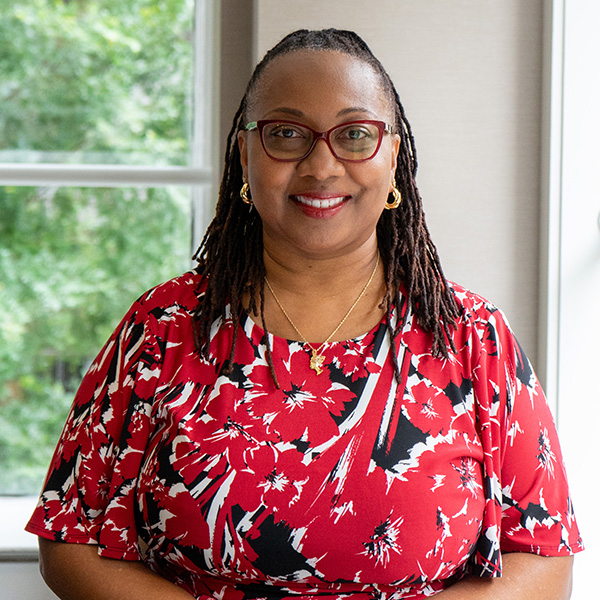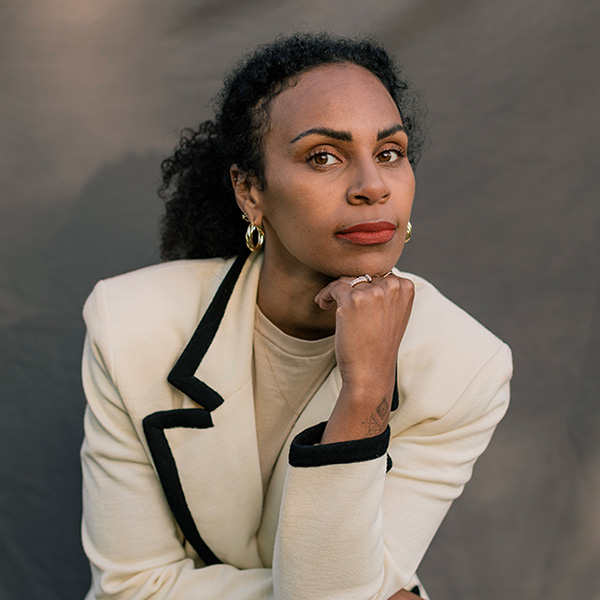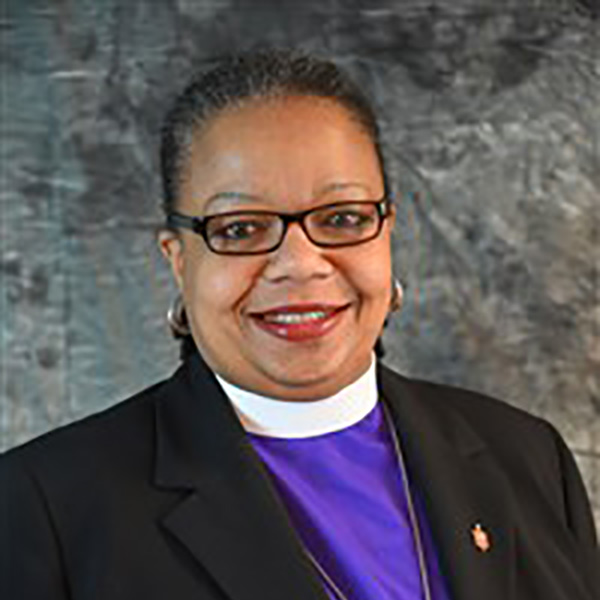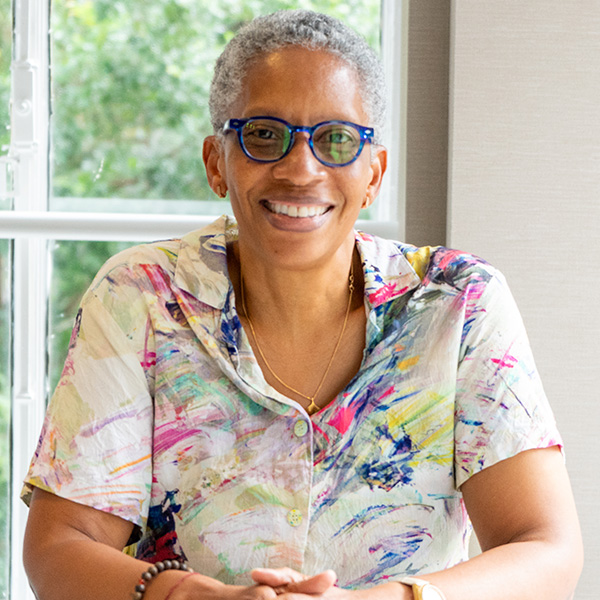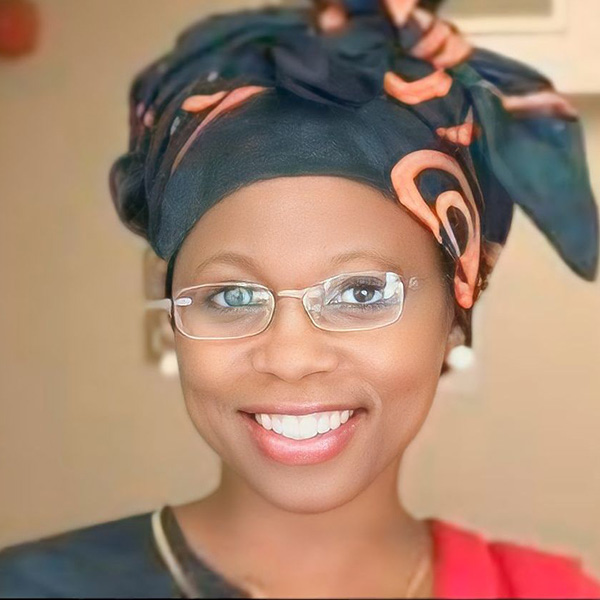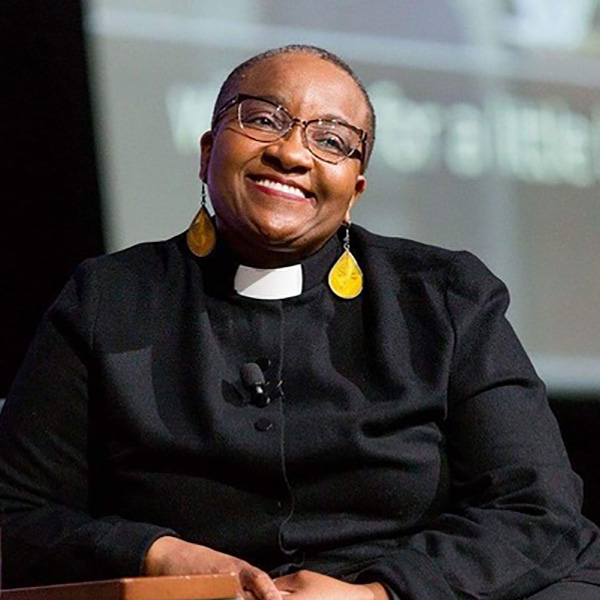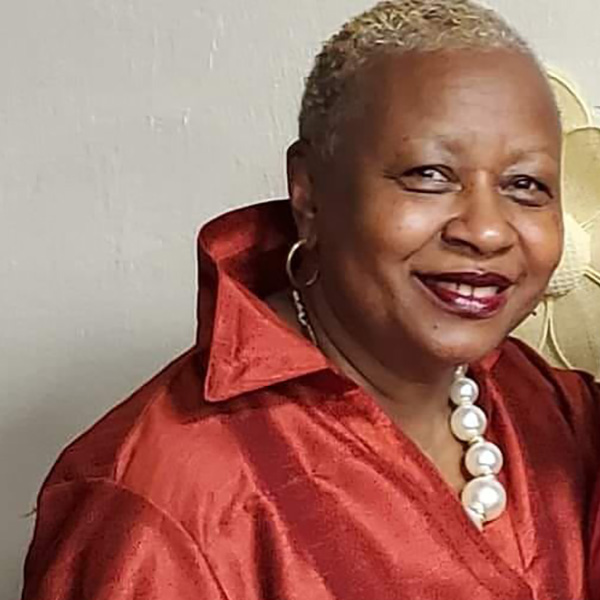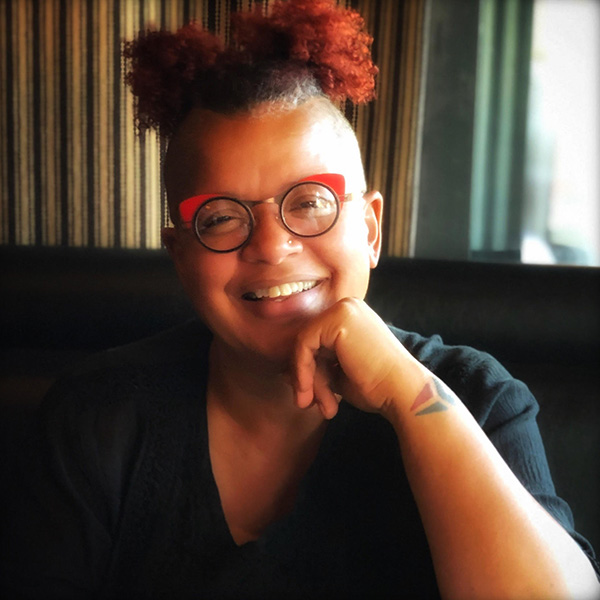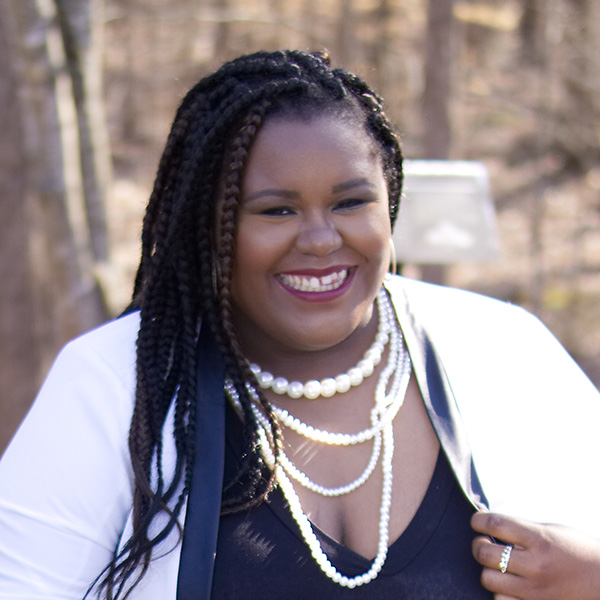Biography
Early Life
Barbara Jean Lewis was the first New Thought minister to be consecrated to the sacred office of Bishop by the International College of Bishops.
She was born on August 26, 1930, in Houston, Texas to Mildred Jackson Shackelford and Lee Lewis. However, she was raised by her paternal grandmother Ida Lewis, an active member of Antioch Missionary Baptist Church in Houston.
In an oral interview, Lewis recalled, “I went with her to everything. And that was my early beginnings in the ministry because I was with her all the time.”
Lewis was fifteen when she gave her first sermon at Antioch Missionary Baptist Church’s annual Women’s Day Service. Although Lewis spoke at the evening service, which typically had few attendees, the church was packed to hear her.
Lewis remembered that her theological insight contributed to her success, “ I had a knack of seeing beyond the scriptures. I always felt there was a hidden message.”
Her sermon was so well received that the mission societies asked her to do bible study classes with the women, many of whom were decades her senior.
Professional Civil Service
A self-described “people person”, Lewis expanded her ministry outside of the church.
She earned a Master of Social Work degree from Atlanta University and spent thirteen years as a social worker. Lewis became the Director of Community Development and the first Black staff person at Crane Junior College (now Malcolm X College).
In addition to her flourishing career of service, Lewis also continued to believe in her call to preach. In 1961, she met woman preacher Rev. Dr. Johnnie Coleman for the first time. The two connected and Lewis was appointed as Rev. Coleman’s Director of Administration at the Christ Universal Temple in Chicago, Illinois.
By the mid-1960s, about a decade after the Montgomery Bus Boycott, Dr. Martin Luther King, Jr. and the Southern Christian Leadership Conference began to expand their civil rights activism to urban centers like Chicago. Lewis was part of what is known as the Chicago Movement which advocated for fair housing practices for Black communities.
Religious Leadership
In 1970, Rev. Lewis moved to Atlanta to continue her activism and expand her own ministry. She began a bible study group in her home that eventually grew into the notable Hillside Chapel and Truth Center.
Lewis integrated her social work background with her ministry, reflecting that “… my basic premise for my church [Hillside International Chapel and Truth Center,] was we were a church that served the whole person, spirit, mind, and body.”
Her embrace of the New Thought doctrine emphasized a higher level of thinking, that humans are not separated from the power of God and that God is an indwelling spirit within every person.
At times, Lewis was marginalized by other Christian denominations for her beliefs, including her acceptance of religious pluralism. Despite these misgivings, her church continued to grow as it resonated with greater numbers of people.
Building Cultural Advocacy
In 1977, she founded the Barbara King School of Ministry in Atlanta, and by 1994 she opened Hillside Fountain, a “sister church” in South Africa.
She was the host of her own television show, “New Thought New Life,” and wrote ten books in her lifetime, including Transform Your Life, What is A Miracle, and In Me, As Me: Ten Principles for Finding the Divine Within.
Barbara Lewis King was a pioneer and a trailblazer. It is no surprise that her favorite quote was: “There’s Always A Way Out Of No Way.”
King’s New Thought theology stood apart from popular Christian doctrine, and as a consequence, she was scorned by some preachers who both branded her as a heretic and discounted her as a “woman pastor.”
Nonetheless, King persisted, and among her other achievements, was also installed as the first woman Chief of the Ashante tribe in Ghana. Bishop Dr. Barbara King died on October 11, 2020, at ninety years old.
When asked how she wanted to be remembered, she declared “I would like to be remembered as a woman who touched lives, who transformed lives through her message of faith and prayer, and who healed hearts.”
